How Tokenization Technology Can Protect You from Fraud
How to Get Your Free Credit Report
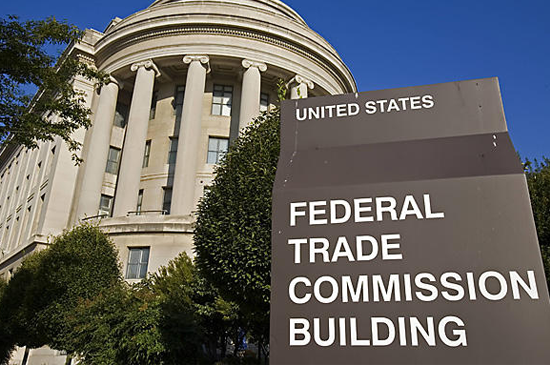 Courtesy of consumer.ftc.gov
Courtesy of consumer.ftc.gov
The Fair Credit Reporting Act (FCRA) requires each of the nationwide credit reporting companies — Equifax, Experian, and TransUnion — to provide you with a free copy of your credit report, at your request, once every 12 months. The FCRA promotes the accuracy and privacy of information in the files of the nation’s credit reporting companies. The Federal Trade Commission (FTC), the nation’s consumer protection agency, enforces the FCRA with respect to credit reporting companies.
A credit report includes information on where you live, how you pay your bills, and whether you’ve been sued or have filed for bankruptcy. Nationwide credit reporting companies sell the information in your report to creditors, insurers, employers, and other businesses that use it to evaluate your applications for credit, insurance, employment, or renting a home.
Here are the details about your rights under the FCRA, which established the free annual credit report program.
Q: How do I order my free report?
The three nationwide credit reporting companies have set up a central website, a toll-free telephone number, and a mailing address through which you can order your free annual report.
To order, visit annualcreditreport.com, call 1-877-322-8228. Or complete the Annual Credit Report Request Form and mail it to: Annual Credit Report Request Service, P.O. Box 105281, Atlanta, GA 30348-5281. Do not contact the three nationwide credit reporting companies individually. They are providing free annual credit reports only through annualcreditreport.com, 1-877-322-8228 or mailing to Annual Credit Report Request Service.
You may order your reports from each of the three nationwide credit reporting companies at the same time, or you can order your report from each of the companies one at a time. The law allows you to order one free copy of your report from each of the nationwide credit reporting companies every 12 months.
A Warning About “Imposter” Websites
Only one website is authorized to fill orders for the free annual credit report you are entitled to under law — annualcreditreport.com. Other websites that claim to offer “free credit reports,” “free credit scores,” or “free credit monitoring” are not part of the legally mandated free annual credit report program. In some cases, the “free” product comes with strings attached. For example, some sites sign you up for a supposedly “free” service that converts to one you have to pay for after a trial period. If you don’t cancel during the trial period, you may be unwittingly agreeing to let the company start charging fees to your credit card.
Some “imposter” sites use terms like “free report” in their names; others have URLs that purposely misspell annualcreditreport.com in the hope that you will mistype the name of the official site. Some of these “imposter” sites direct you to other sites that try to sell you something or collect your personal information.
Annualcreditreport.com and the nationwide credit reporting companies will not send you an email asking for your personal information. If you get an email, see a pop-up ad, or get a phone call from someone claiming to be from annualcreditreport.com or any of the three nationwide credit reporting companies, do not reply or click on any link in the message. It’s probably a scam. Forward any such email to the FTC at spam@uce.gov.
Q: What information do I need to provide to get my free report?
A: You need to provide your name, address, Social Security number, and date of birth. If you have moved in the last two years, you may have to provide your previous address. To maintain the security of your file, each nationwide credit reporting company may ask you for some information that only you would know, like the amount of your monthly mortgage payment. Each company may ask you for different information because the information each has in your file may come from different sources.
Q: Why do I want a copy of my credit report?
A: Your credit report has information that affects whether you can get a loan — and how much you will have to pay to borrow money. You want a copy of your credit report to:
- make sure the information is accurate, complete, and up-to-date before you apply for a loan for a major purchase like a house or car, buy insurance, or apply for a job.
- help guard against identity theft. That’s when someone uses your personal information — like your name, your Social Security number, or your credit card number — to commit fraud. Identity thieves may use your information to open a new credit card account in your name. Then, when they don’t pay the bills, the delinquent account is reported on your credit report. Inaccurate information like that could affect your ability to get credit, insurance, or even a job.
Q: How long does it take to get my report after I order it?
A: If you request your report online at annualcreditreport.com, you should be able to access it immediately. If you order your report by calling toll-free 1-877-322-8228, your report will be processed and mailed to you within 15 days. If you order your report by mail using the Annual Credit Report Request Form, your request will be processed and mailed to you within 15 days of receipt.
Whether you order your report online, by phone, or by mail, it may take longer to receive your report if the nationwide credit reporting company needs more information to verify your identity.
Q: Are there any other situations where I might be eligible for a free report?
A: Under federal law, you’re entitled to a free report if a company takes adverse action against you, such as denying your application for credit, insurance, or employment, and you ask for your report within 60 days of receiving notice of the action. The notice will give you the name, address, and phone number of the credit reporting company. You’re also entitled to one free report a year if you’re unemployed and plan to look for a job within 60 days; if you’re on welfare; or if your report is inaccurate because of fraud, including identity theft. Otherwise, a credit reporting company may charge you a reasonable amount for another copy of your report within a 12-month period.
To buy a copy of your report, contact:
- Equifax:1-800-685-1111; equifax.com
- Experian: 1-888-397-3742; experian.com
- TransUnion: 1-800-916-8800; transunion.com
Q: Should I order a report from each of the three nationwide credit reporting companies?
A: It’s up to you. Because nationwide credit reporting companies get their information from different sources, the information in your report from one company may not reflect all, or the same, information in your reports from the other two companies. That’s not to say that the information in any of your reports is necessarily inaccurate; it just may be different.
Q: Should I order my reports from all three of the nationwide credit reporting companies at the same time?
A: You may order one, two, or all three reports at the same time, or you may stagger your requests. It’s your choice. Some financial advisors say staggering your requests during a 12-month period may be a good way to keep an eye on the accuracy and completeness of the information in your reports.
Q: What if I find errors — either inaccuracies or incomplete information — in my credit report?
A: Under the FCRA, both the credit reporting company and the information provider (that is, the person, company, or organization that provides information about you to a consumer reporting company) are responsible for correcting inaccurate or incomplete information in your report. To take full advantage of your rights under this law, contact the credit reporting company and the information provider.
1. Tell the credit reporting company, in writing, what information you think is inaccurate.
Credit reporting companies must investigate the items in question — usually within 30 days — unless they consider your dispute frivolous. They also must forward all the relevant data you provide about the inaccuracy to the organization that provided the information. After the information provider receives notice of a dispute from the credit reporting company, it must investigate, review the relevant information, and report the results back to the credit reporting company. If the information provider finds the disputed information is inaccurate, it must notify all three nationwide credit reporting companies so they can correct the information in your file.
When the investigation is complete, the credit reporting company must give you the written results and a free copy of your report if the dispute results in a change. (This free report does not count as your annual free report.) If an item is changed or deleted, the credit reporting company cannot put the disputed information back in your file unless the information provider verifies that it is accurate and complete. The credit reporting company also must send you written notice that includes the name, address, and phone number of the information provider.
2. Tell the creditor or other information provider in writing that you dispute an item. Many providers specify an address for disputes. If the provider reports the item to a credit reporting company, it must include a notice of your dispute. And if you are correct — that is, if the information is found to be inaccurate — the information provider may not report it again.
Q: What can I do if the credit reporting company or information provider won’t correct the information I dispute?
A: If an investigation doesn’t resolve your dispute with the credit reporting company, you can ask that a statement of the dispute be included in your file and in future reports. You also can ask the credit reporting company to provide your statement to anyone who received a copy of your report in the recent past. You can expect to pay a fee for this service.
If you tell the information provider that you dispute an item, a notice of your dispute must be included any time the information provider reports the item to a credit reporting company.
Q: How long can a credit reporting company report negative information?
A: A credit reporting company can report most accurate negative information for seven years and bankruptcy information for 10 years. There is no time limit on reporting information about criminal convictions; information reported in response to your application for a job that pays more than $75,000 a year; and information reported because you’ve applied for more than $150,000 worth of credit or life insurance. Information about a lawsuit or an unpaid judgment against you can be reported for seven years or until the statute of limitations runs out, whichever is longer.
Q: Can anyone else get a copy of my credit report?
A: The FCRA specifies who can access your credit report. Creditors, insurers, employers, and other businesses that use the information in your report to evaluate your applications for credit, insurance, employment, or renting a home are among those that have a legal right to access your report.
Q: Can my employer get my credit report?
A: Your employer can get a copy of your credit report only if you agree. A credit reporting company may not provide information about you to your employer, or to a prospective employer, without your written consent.
Crooks Want Your Money
Read About How They Get It – They Need Your Help
Counterfeit Checks
The Grand Prize Winner
A man opens his mail and finds a check for $3500 along with a congratulatory letter stating that he won the sweepstakes. The man is told to deposit the check and wait three days for the bank to release the funds. Afterwards, he is to transfer most of the money somewhere to pay taxes via Western Union or Green Dot.
The Secret/Mystery Shopper
A lady answers a “Help Wanted” ad and gets a job as a secret shopper. She receives a check along with a list of where to shop and how much to spend. She notices that a money transfer service is on the list (usually Western Union, Green Dot or Money Gram). She is instructed to transfer a large portion of the check back to her new boss while taking notes on the competence and friendliness of the staff.
Online Sale Overpayment
A lady places an ad for a desk she wants to sell online. She gets a check by overnight mail from a person who has always wanted a desk just like the one advertised. However, the check is written for more than the asking price. She contacts the buyer and is told to transfer the overpayment via Western Union or Green Dot to another individual who will transport the desk to Canada.
What to do if Your Debit Card is Lost or Stolen
What to do if your State Bank debit or credit card gets lost, stolen or has fraudulent charges:
Use your Visa debit card or Visa credit card with confidence wherever you shop. You have zero liability on unauthorized purchases if you notify the bank in a timely manner.
Lost or Stolen Cards
If you believe your Card and/or PIN has been lost or stolen tell us AT ONCE. Contacting us by phone is the best way of keeping your possible losses down. If you tell the bank within 2 business days, you can lose no more than $50. If you do NOT tell the bank within 2 business days after you learn of the loss or theft of your Card or PIN, you could lose as much as $500 if we can prove we could have stopped the transactions. (more…)
Money Transfer Job Offer Fraud
Be cautious of job offers that involve money transfers because they are designed to propagate fraud. Here’s how it works: Crooks break into the bill-pay account of innocent victims and send money to people who responded to offers like the example shown below and become unwitting “mules” in a chain of fraud. When the bill-pay money is credited to the mule’s account (either by ACH or by check), his “job” is to withdraw it and send it elsewhere by Western Union, Money Gram or Green Dot. The crooks pick up the cash at the other end to complete the circle of fraud. The mule keeps 20% thinking that he has performed a valuable service.
Get Your Free Credit Report
Federal Law requires each of the three nationwide consumer reporting companies – Equifax, Experian and TransUnion to provide you with a free copy of your credit report, at your request, once every 12 months.
A credit report is used by a variety of companies to evaluate your application for credit. It is up to you to make sure your credit report is correct. The three nationwide consumer reporting (more…)
Help Desk Scam
Ransom Ware starts with Fake Windows Tech Support Call
“Your Windows computer is sending out error messages and we suspect that it has been hacked by the Chinese government”.
That’s what the fellow with an Indian accent told me when I answered my land line phone. He passed me on to his tech support team when I feigned concern over the matter.
“To prove that you have been hacked”, the next person said, “press Windows + R on your keyboard (opens the Run dialogue box), type “eventvwr” and press the Enter key”. That launched the Event Viewer that lists the warnings and errors generated inside a Windows PC. There are always a lot.
“Click on the Application link on the left”, he said. The center window immediately filled up with a list of warnings. “There! Proof that you’ve been hacked. You must let me help you fix your PC”.
The fellow urged me to type the following web addresses into the same Run dialogue box: www.teamviewer.com. He supplied me with a different address (www.Ammyy.com) when I told him that Team Viewer site was unresponsive.
Both Teamviewer and Ammyy are legitimate websites that allow remote administrators to take control of a computer for diagnostic and repair purposes. In legitimate business situations, the user goes to the site and Joins a remote Control Session. This gives the remote administrator complete control of the user’s computer, including the ability to install programs, erase files or browse the hard drive.
But this was not a legitimate call. It was an attempt to get my credit card money to remove a non-existent virus. Worse, the tech support imposter could have opened a backdoor to my computer to extract more money in the future. The caller cursed at me in a very un-Microsoft way when he realized that I was not taking the bait.
Ignore calls that your computer is sending out error messages. Microsoft employees do not make such calls and even if they did, they don’t track error logs. Moreover, errors and warnings that appear in the Event Viewer are completely normal for any Windows PC and are not caused by viruses. The error-message scam has been going on for years by Windows tech-support imposters in an attempt to take your money. Don’t be fooled.
Text Phishing Scheme
10 Ways to Avoid Fraud
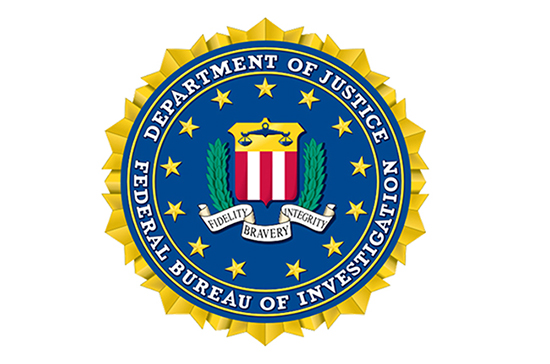
Scam artists in the U.S. and around the world defraud millions of people each year. They use the phone, email, postal mail, and the internet to trick you into sending money or giving out personal information.
Here are 10 things you can do — or not — to stop a scam. (more…)
Fraudulent OCC Correspondence
OCC Issues Alert on Fraudulent Correspondence
The Office of the Comptroller of the Currency yesterday issued an alert about fraudulent correspondence — distributed via email, fax, or postal mail — involving funds purportedly under the control of the OCC and other government entities.
“The correspondence may indicate that funds are being held as a requirement for an issuance of a Money Laundering Clearance Certificate in reference to a release of funds (more…)
About Us
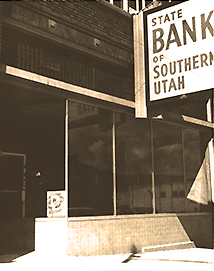
Hometown banking was established in southern Utah with the opening of State Bank of Southern Utah in 1957.
Hometown banking is important because people who live and work in southern Utah make the decisions. Bank employees and officers understand the banking needs of area residents because they are affected by the same economic climate. Find out what hundreds already know - hometown banking is better.
Archives
- June 2015
- May 2015
- January 2015
- December 2014
- October 2014
- September 2014
- July 2014
- June 2014
- May 2014
- April 2014
- March 2014
- February 2014
- January 2014
- November 2013
- October 2013
- August 2013
- July 2013
- June 2013
- March 2013
- February 2013
- January 2013
- December 2012
- November 2012
- October 2012
- September 2012
- August 2012
- July 2012






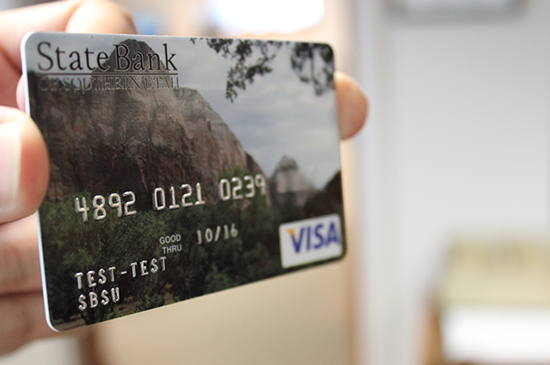
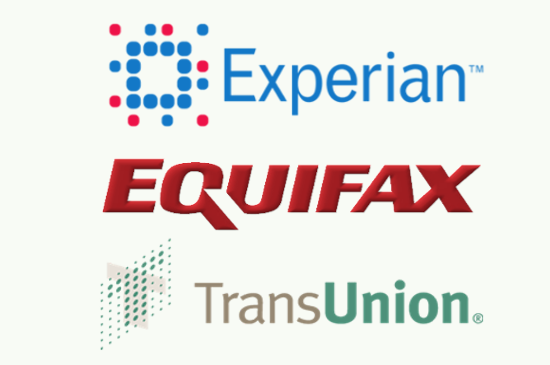


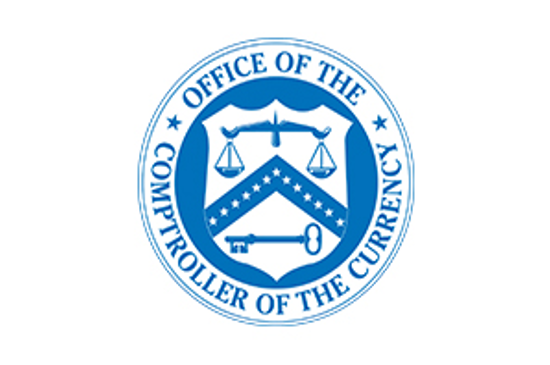
Tokenization of credit cards is the latest buzz-word in security. One example of Tokenization is in Apple Pay, where your true card number remains hidden during the transaction. Instead, a temporary number issued by your payment network allows your transaction to be processed without revealing your true card number. Even if the one-time number is intercepted, it cannot be used for additional transactions.